UK offshore wind power to double by 2030
Plummeting renewable costs raise questions about government’s continued support for nuclear energy
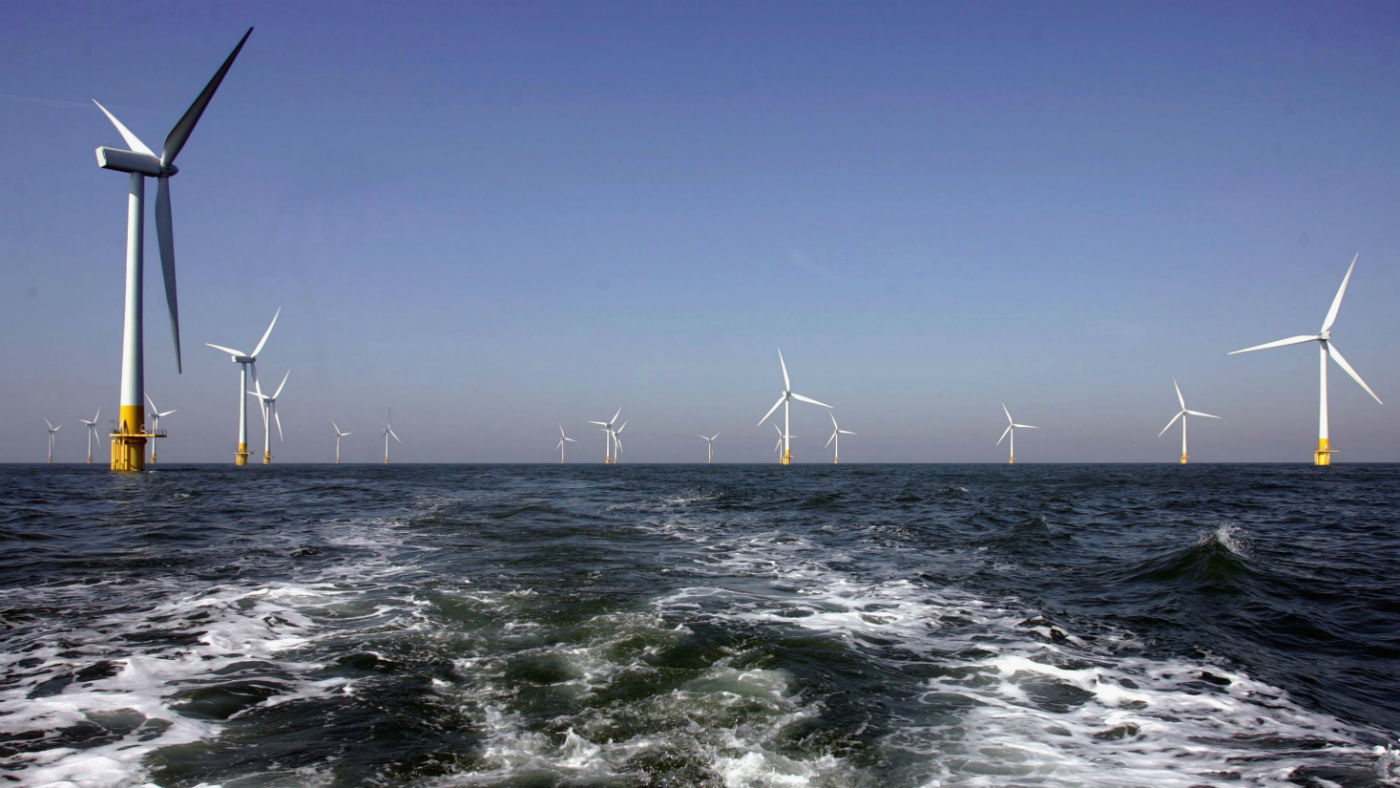
A free daily email with the biggest news stories of the day – and the best features from TheWeek.com
You are now subscribed
Your newsletter sign-up was successful
Britain’s offshore wind capacity is set to double over the next decade, driven by a government strategy forcing turbine operators to bid for financial support in auctions.
Plummeting costs have made wind an increasingly affordable source of clean energy in recent years. By 2030, between a fifth and a third of the UK's electricity is expected to come from offshore wind power.
In a bid to give the industry the long-term stability it needs to continue to expand, Climate and Energy Secretary Claire Perry has confirmed that every two years the Government will hold auctions in which energy firms bid for contracts that guarantee a minimum price for the power they will sell.
The Week
Escape your echo chamber. Get the facts behind the news, plus analysis from multiple perspectives.

Sign up for The Week's Free Newsletters
From our morning news briefing to a weekly Good News Newsletter, get the best of The Week delivered directly to your inbox.
From our morning news briefing to a weekly Good News Newsletter, get the best of The Week delivered directly to your inbox.
The auction process “has forced firms to be transparent about the amount of support they actually need, and has halved the cost of supporting offshore wind”, says the BBC.
The system has been adopted worldwide “and is recognised as a major UK contribution to the development of clean energy” says the broadcaster.
Last year renewable sources supplied more than half of the UK’s energy for the first time, exceeding what was generated by burning coal and gas.
Yet the plummeting costs of wind and solar power, which has dropped by 99% since the technology was commercialised, has thrown the government’s commitment to nuclear power into question.
A free daily email with the biggest news stories of the day – and the best features from TheWeek.com
Theresa May has committed to building the controversial Hinkley Point nuclear power station, despite strong opposition from environmentalists, consumer groups and a National Audit Office report which claimed the project is “risky and expensive… with uncertain strategic and economic benefits”.
By contrast, Scotland has become a world leader in sourcing its electricity from renewables, after a record year in 2017 for creating eco-friendly energy.
The nation got more than two-thirds (68.1%) of its electricity from green schemes last year, The Independent reports, up from 54% the year before.
-
 Why is the Trump administration talking about ‘Western civilization’?
Why is the Trump administration talking about ‘Western civilization’?Talking Points Rubio says Europe, US bonded by religion and ancestry
-
 Quentin Deranque: a student’s death energizes the French far right
Quentin Deranque: a student’s death energizes the French far rightIN THE SPOTLIGHT Reactions to the violent killing of an ultraconservative activist offer a glimpse at the culture wars roiling France ahead of next year’s elections
-
 Secured vs. unsecured loans: how do they differ and which is better?
Secured vs. unsecured loans: how do they differ and which is better?the explainer They are distinguished by the level of risk and the inclusion of collateral
-
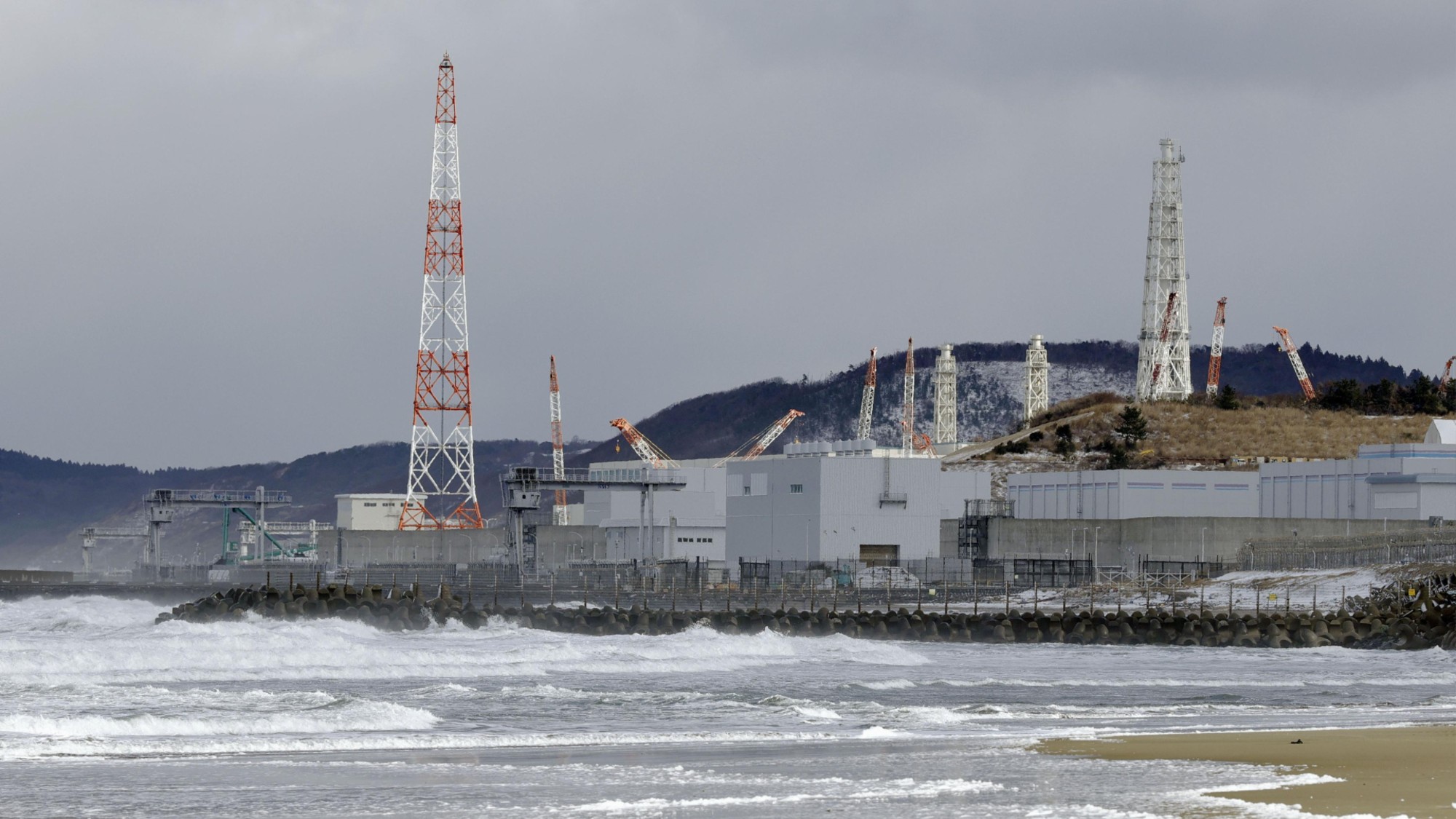 Fifteen years after Fukushima, is Japan right to restart its reactors?
Fifteen years after Fukushima, is Japan right to restart its reactors?Today’s Big Question Balancing safety fears against energy needs
-
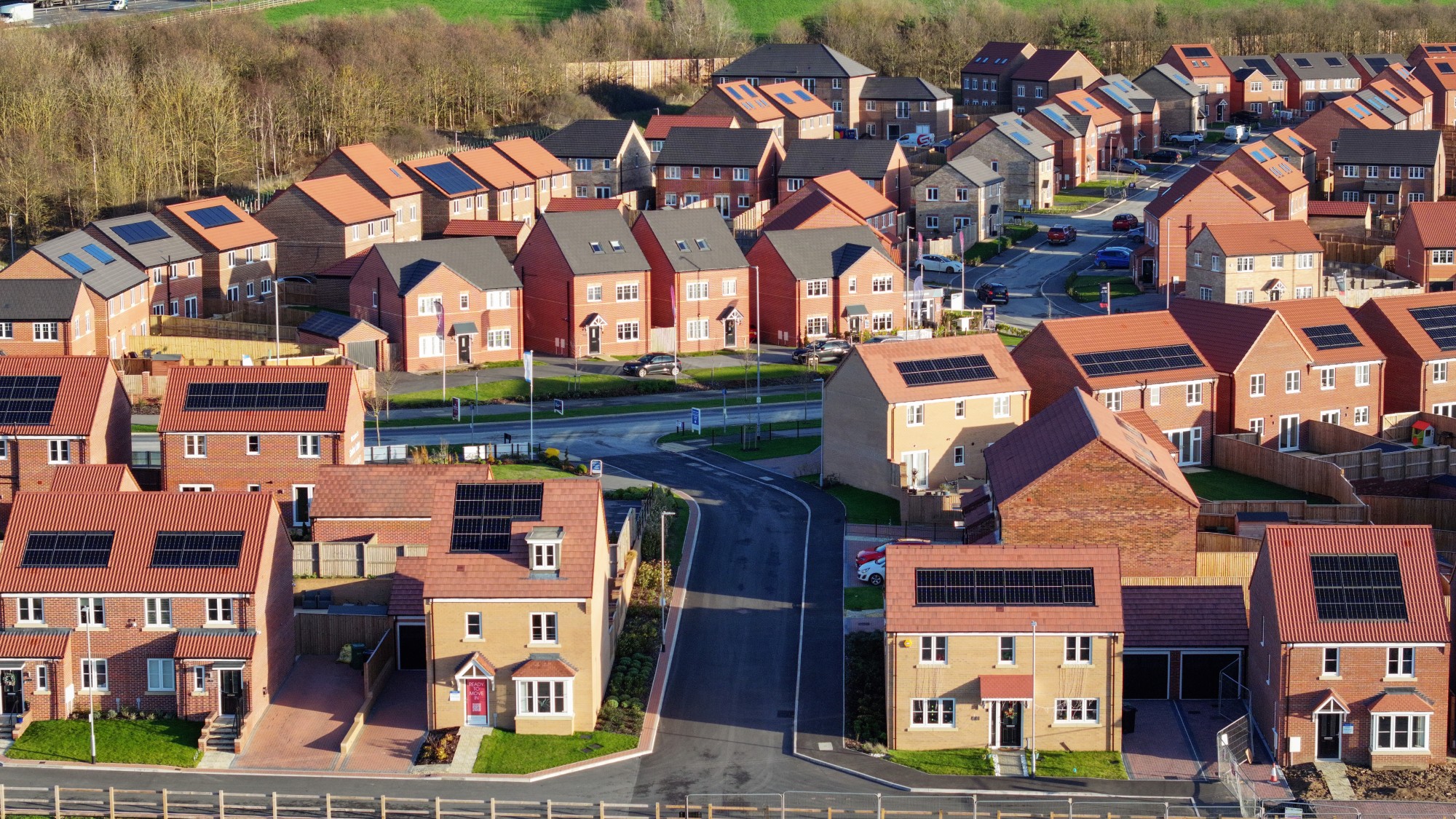 Zero-bills homes: how you could pay nothing for your energy
Zero-bills homes: how you could pay nothing for your energyThe Explainer The scheme, introduced by Octopus Energy, uses ‘bill-busting’ and ‘cutting-edge’ technology to remove energy bills altogether
-
 Pros and cons of geothermal energy
Pros and cons of geothermal energyPros and Cons Renewable source is environmentally friendly but it is location-specific
-
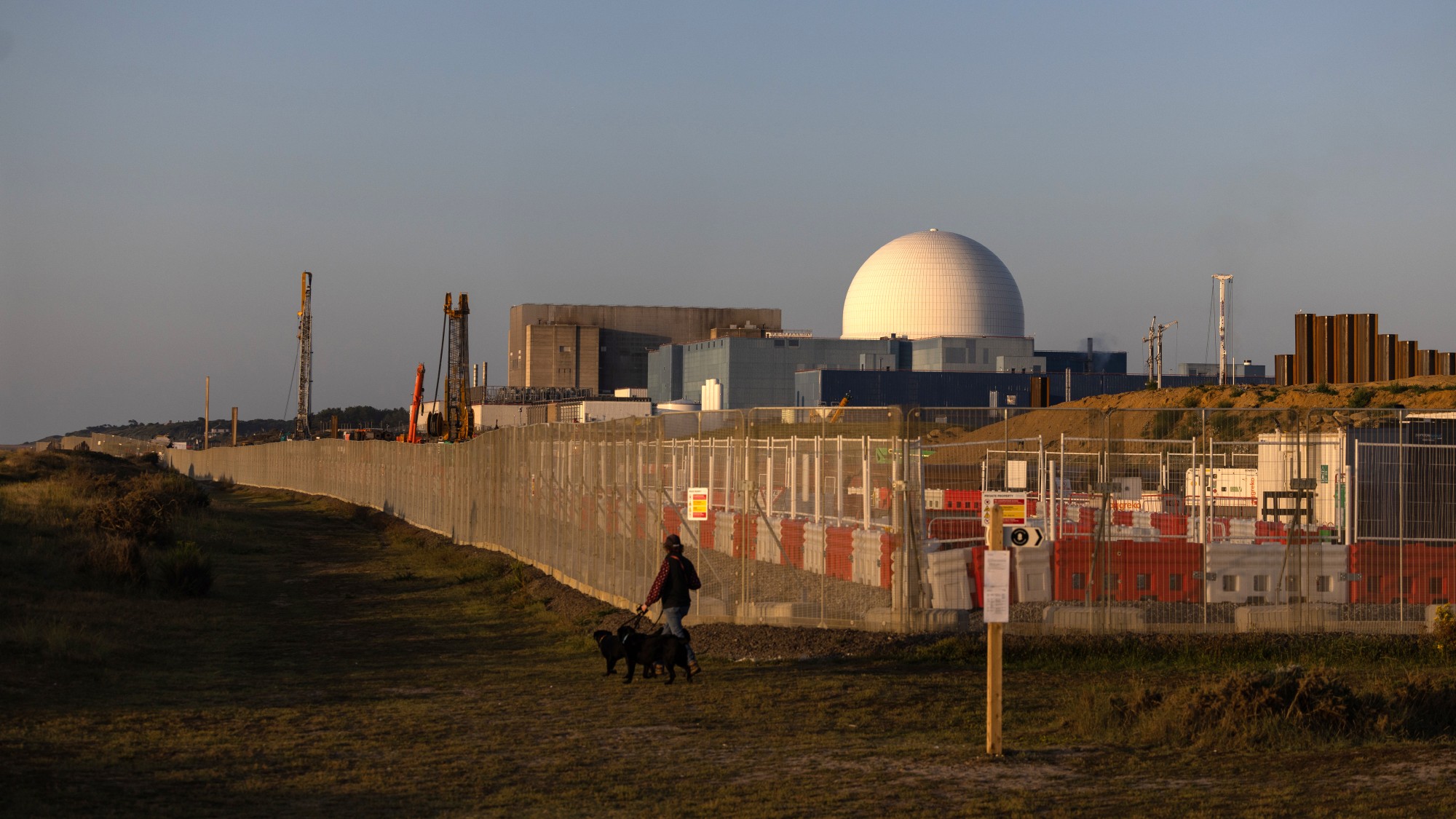 Are we entering a ‘golden age’ of nuclear power?
Are we entering a ‘golden age’ of nuclear power?The Explainer The government is promising to ‘fire up nuclear power’. Why, and how?
-
 Megabatteries are powering up clean energy
Megabatteries are powering up clean energyUnder the radar They can store and release excess energy
-
 Renewables top coal as Trump seeks reversal
Renewables top coal as Trump seeks reversalSpeed Read For the first time, renewable energy sources generated more power than coal, said a new report
-
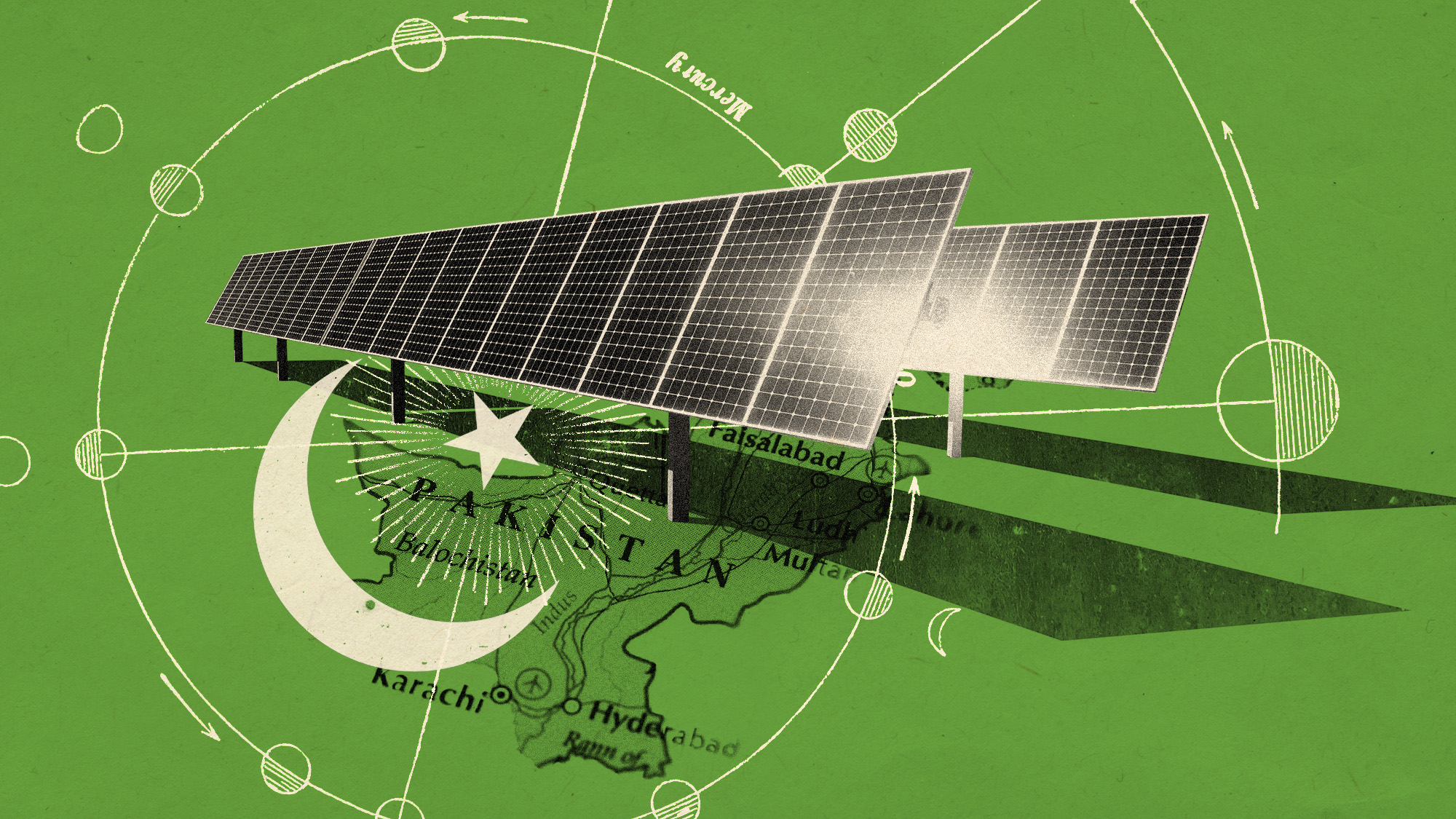 Pakistan's solar panel boom
Pakistan's solar panel boomUnder The Radar A 'perfect storm' has created a solar 'revolution' in the south Asian country
-
 Airlines ramp up the hunt for sustainable aviation fuel
Airlines ramp up the hunt for sustainable aviation fuelUnder The Radar Several large airlines have announced sustainability goals for the coming decades